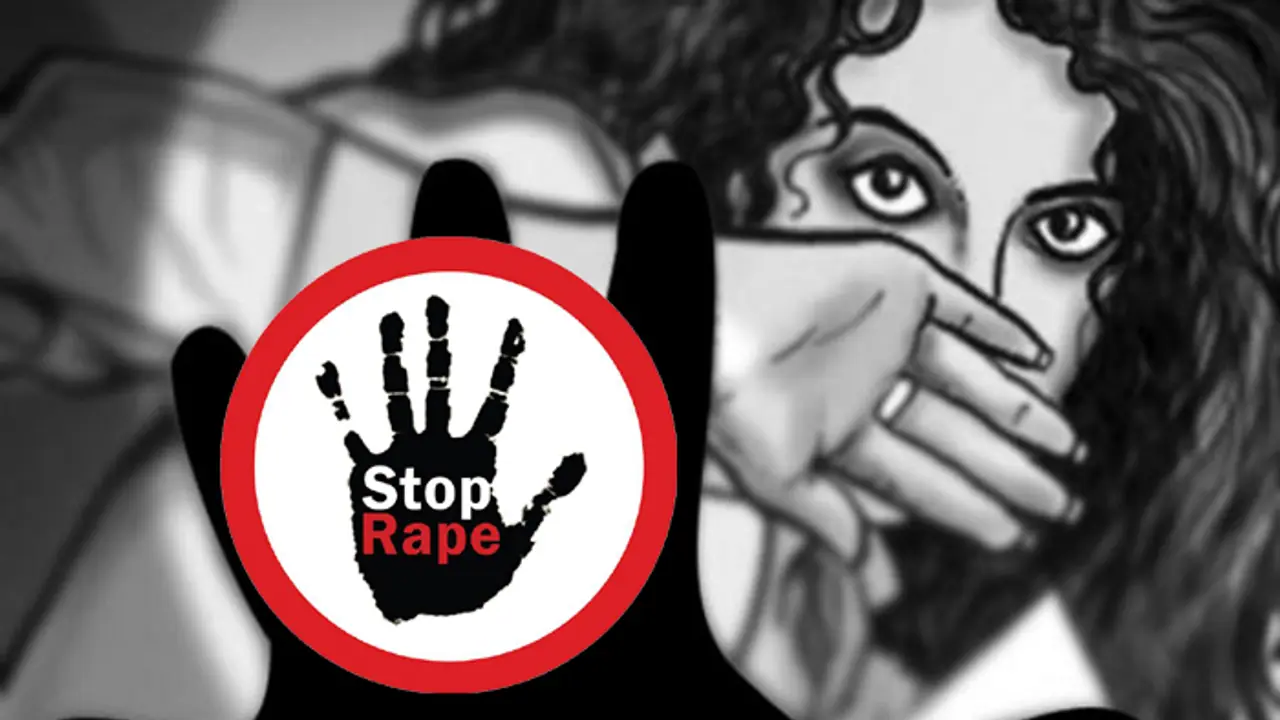The PIL seeks, among other things, regulation of social behaviour in public transport, a ban on free online pornography, and castration of those convicted of sex offenses against women and children.
The Supreme Court on Monday issued a notice to the Union and State governments regarding a public interest litigation (PIL) that calls for pan-India guidelines on women’s safety. The PIL seeks, among other things, regulation of social behaviour in public transport, a ban on free online pornography, and castration of those convicted of sex offenses against women and children.

A bench of Justices Surya Kant and Ujjal Bhuyan acknowledged that some of the proposed measures were "barbaric" and may not be accepted by the court. In response, Senior Advocate Mahalakshmi Pavani, representing the petitioner, agreed that the prayers may be modified as the court deems appropriate.
The Union of India was allowed to be served through the office of the Attorney General, and the matter has been scheduled for hearing in January 2025.
During the hearing, Senior Advocate Mahalakshmi Pavani, President of the Supreme Court Women Lawyers Association (SCWLA) and representing the petitioner, emphasized that the petition seeks pan-India safety guidelines and reforms for the most vulnerable women, particularly those on the streets who often fail to receive justice. She argued that while strict laws and punishments exist, the real issue lies in their implementation.
Acknowledging that some of the issues raised in the PIL are "innovative", Justice Kant said, "Some of the issues are very innovate, we strongly appreciate and admire. But some of the directions you are seeking are also barbaric. You are asking [relief] for the common woman...on the streets, in the society...who are vulnerable and those who face resistance in day-to-day life...one of the prayers you have asked for is to issue guidelines for social behavior in public transport...it's a very very innovative idea. It's extremely important. It does not only need to be taught, it needs to be displayed also - in buses, metros, railways, airport, etc."
At this point, Pavani noted that since the RG Kar rape and murder incident, 94 similar cases have occurred, but these have not received adequate media attention. She stated, "Even the media is one of the parties that actually trigger these kinds of incidents... incidents happening in second and third-tier cities are pushed under the carpet."
Pavani also referenced past cases where guidelines had been issued, including the 2016 SCWLA v. Union of India case. In that case, the Supreme Court had suggested to Parliament that measures be taken to address the sexual abuse of girl children, leading to amendments in the POCSO Act. She highlighted that in that case, death penalty for child rapists and chemical castration were sought, and urged the bench to consider chemical castration as a potential solution in the current case.
In response, Justice Kant observed that India, as a society governed by the rule of law, faces challenges in strictly applying even the principle of the death sentence in many cases. He emphasized that various factors must be considered and stated, "We will have to examine where are we lacking to achieve the object of the punitive and penal law. You have a principle, but despite that, you are not succeeding in it...so, there is something wrong not with the quantity or quality of punishment. There is something else..."
Pavani agreed with the judge's observation, pointing out the laxity in the implementation of legal provisions by investigating agencies.
The petitioner, reportedly, seeks a complete ban on online pornography and unfiltered obscenity on OTT platforms, arguing that the easy access to such material is directly linked to the rise in sexual offenses across the country. The petition also calls for the mandatory installation of CCTVs in workplaces, fast-tracked trials for cases of rape and sexual harassment, and a prohibition on MPs and MLAs accused of crimes against women from contesting elections until acquitted.
"The Petitioner beseeches this Hon'ble Court to invoke the doctrine of parens patriae to safeguard the fundamental rights of women, children and the third gender in our nation, which encompass their right to safety, a secure workplace, adequate sanitation, personal dignity, bodily integrity, and a safe environment. It is humbly submitted that the Court bears an overarching obligation under the doctrine of parens patriae to serve as the protector and steward of its citizens' rights," reads the PIL.
Coincidentally, the hearing of the PIL took place on the 12th anniversary of the horrific Nirbhaya gangrape incident.
